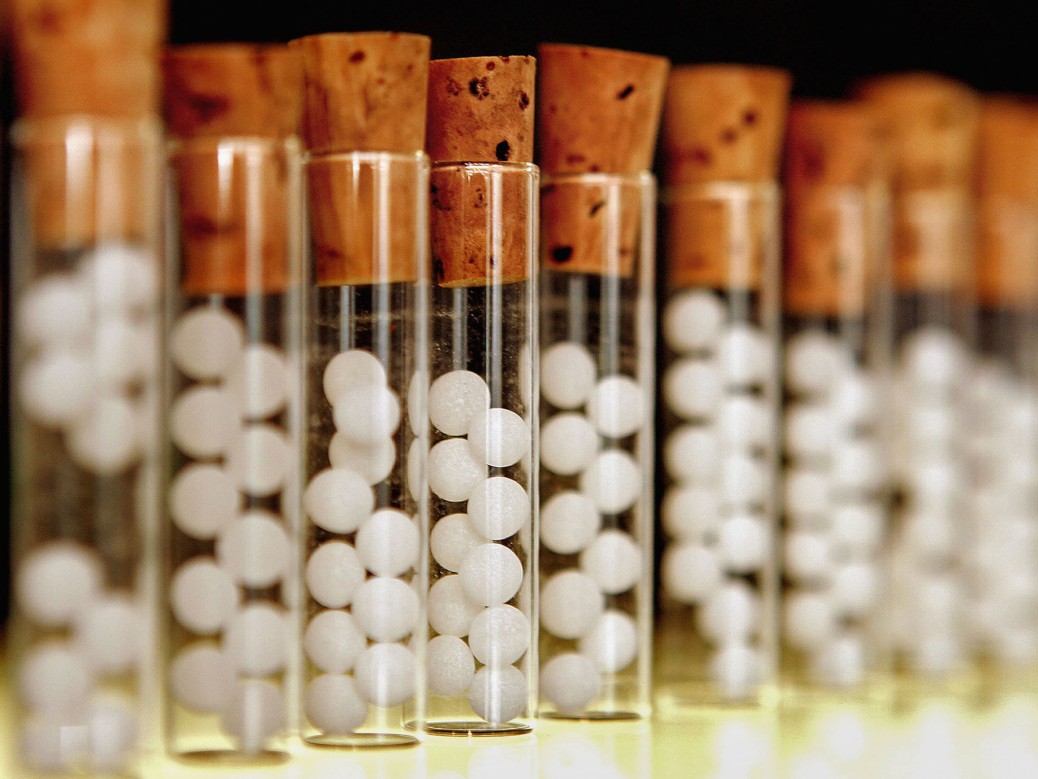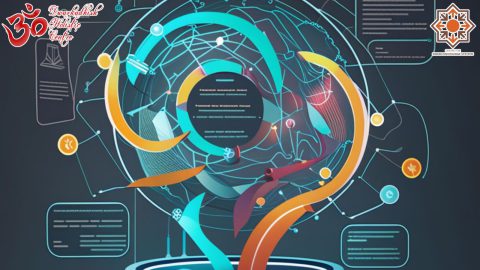ADHD (Attention Deficit Hyperactivity Disorder) is a disorder that makes it difficult for a person to pay attention and control impulsive behaviors. He or she may also be restless and almost constantly active.
Although the symptoms of ADHD begin in childhood, ADHD can continue through adolescence and adulthood. Even though hyperactivity tends to improve as a child becomes a teen, problems with inattention, disorganization, and poor impulse control often continue through the teen years and into adulthood.
Causes
ADHD may be caused by interactions between genes and environmental or non-genetic factors. Like many other illnesses, a number of factors may contribute to ADHD such as:
- Genes
- Cigarette smoking, alcohol use, or drug use during pregnancy
- Exposure to environmental toxins, such as high levels of lead, at a young age
- Low birth weight
- Brain injuries
- Warning Signs
People with ADHD show an ongoing pattern of three different types of symptoms:
- Difficulty paying attention (inattention)
- Being overactive (hyperactivity)
- Acting without thinking (impulsivity)
These symptoms get in the way of functioning or development. People who have ADHD have combinations of these symptoms:
- Overlook or miss details, make careless mistakes in schoolwork, at work, or during other activities
- Have problems sustaining attention in tasks or play, including conversations, lectures, or lengthy reading
- Seem to not listen when spoken to directly
- Fail to not follow through on instructions, fail to finish schoolwork, chores, or duties in the workplace, or start tasks but quickly lose focus and get easily
Sidetracked
- Have problems organizing tasks and activities, such as doing tasks in sequence, keeping materials and belongings in order, keeping work organized, managing time, and meeting deadlines
- Avoid or dislike tasks that require sustained mental effort, such as schoolwork or homework, or for teens and older adults, preparing reports, completing forms, or reviewing lengthy papers
- Lose things necessary for tasks or activities, such as school supplies, pencils, books, tools, wallets, keys, paperwork, eyeglasses, and cell phones
- Become easily distracted by unrelated thoughts or stimuli
- Forgetful in daily activities, such as chores, errands, returning calls, and keeping appointments
Signs of hyperactivity and impulsivity may include:
- Fidgeting and squirming while seated
- Getting up and moving around in situations when staying seated is expected, such as in the classroom or in the office
- Running or dashing around or climbing in situations where it is inappropriate, or, in teens and adults, often feeling restless
- Being unable to play or engage in hobbies quietly
- Being constantly in motion or “on the go,” or acting as if “driven by a motor”
- Talking nonstop
- Blurting out an answer before a question has been completed, finishing other people’s sentences, or speaking without waiting for a turn in conversation
- Having trouble waiting his or her turn
- Interrupting or intruding on others, for example in conversations, games, or activities
Showing these signs and symptoms does not necessarily mean a person has ADHD. Many other problems, like anxiety, depression, and certain types of learning disabilities, can have similar symptoms.
Treating ADHD
Although there is no cure for ADHD, currently available treatments may help reduce symptoms and improve functioning. ADHD is commonly treated with medication, education or training, therapy, or a combination of treatments.
Therapy
There are different kinds of therapy that have been tried for ADHD, but research shows that therapy may not be effective in treating ADHD symptoms. However, adding therapy to an ADHD treatment plan may help patients and families better cope with daily challenges.
For Children and Teens: Parents and teachers can help children and teens with ADHD stay organized and follow directions with tools such as keeping a routine and a schedule, organizing everyday items, using homework and notebook organizers, and giving praise or rewards when rules are followed.
For Adults: A licensed mental health provider or therapist can help an adult with ADHD learn how to organize his or her life with tools such as keeping routines and breaking down large tasks into more manageable, smaller tasks.
Education and Training
Children and adults with ADHD need guidance and understanding from their parents, families, and teachers to reach their full potential and to succeed. Mental health professionals can educate the parents of a child with ADHD about the condition and how it affects a family. They can also help the child and his or her parents develop new skills, attitudes, and ways of relating to each other. Examples include:
- Parenting skills training teaches parents the skills they need to encourage and reward positive behaviors in their children.
- Stress management techniques can benefit parents of children with ADHD by increasing their ability to deal with frustration so that they can respond calmly to their child’s behavior.
- Support groups can help parents and families connect with others who have similar problems and concerns.
Adding behavioral therapy, counseling, and practical support can help people with ADHD and their families to better cope with everyday problems.
School-based Programs
Some schools offer special education services to children with ADHD who qualify. Educational specialists help the child, parents, and teachers make changes to classroom and homework assignments to help the child succeed.
Homoeopathic Treatment
- Cina: Cina child is very cross, ugly, does not want to be touched, caressed or carried, and wants to be rocked.Very touchy, petulant, dissatisfied Irritability, rocking fast. Cannot bear to be looked at Desires many things, but rejects everything offered, throws things away. Violent screaming attacks at night, the child lying on the back, striking and kicking with hands and feet
- Stramonium: Intense emotions in a child lead to violence, which is out of control Sudden anger. Can be destructive with striking, biting, tearing, smashing, strangling. Emotional vulnerability Strong fears at night. Wakes with terror, the wild look in the eyes. Half awake, half dreaming. The child wants to sleep with the parents. The sight of water or anything glittering brings on spasms. Children with Behaviour disorders can appear very quiet during the consultation. Rapid changes from joy to sadness. Laughs at night weep during the day.
- Tuberculinum: Hyperactivity, restless, Compulsive behavior, ritualism, Despondent and morose Disposition to use foul, filthy language; to curse and swear Every trifle irritates him. Horrid anger wants to throw things away. Bangs the head when angry Malicious behaviour breaks things, breaks other’s valuables. An obstinate and disobedient child Dissatisfied, always wants a change.
- Tarantula: Suddenly changing moods, fancies, or strength, Crafty, cunning, dishonest, selfish, destructive, destroying whatever she can lay hand on, tearing her clothes, etc. Hateful things are thrown away. Rolls on the ground from side to side or strikes vehemently or rolls the head and rubs it to relieve her distress. Hurried, intense, excited and restless. Impatient.
- Veratrum alb: Hyperactive, restless, disobedient, Mania with desire to cut and tear everything, especially clothes. Cannot bear to be left alone, yet persistently refuses to talk. Precocity. Asks many questions
- Agaricus: Morose, self-willed, stubbornAwkward, clumsy, Pressure on the spine causes involuntary laughter Convulsions after being scolded. Sings talks, but does not answer. Loquacity, but answers no questions. Disinclined to answer questions
- Medorrhinum: Impulsive, abrupt, rude, mean, cruel. Cross by day, merry at night. Sad, dismal outlook, weeping. Weeping ameliorates symptoms.
- Lachesis: Passionate, expressive, outgoing, intense. Creative, vital, lively. Constant overflowing ideas Loquacity, Jumps from one subject to another. Mocks make odd notions, crawls on the floor, hides, spits, laughs or is angry during spasms. Talking, singing, and whistling constantly.
- Lycopodium: Inferiority complex. Egotism. Bullying, domineering, arrogant. Lack of discipline, Irritable, peevish and cross on waking. Kicks and screams. Easily angered, cannot endure opposition or contradiction Weeps all day, cannot calm herself, very sensitive.
- Phosphorus: Open, bright excitable, suggestible, and anxious patients. Great loquacity and vehemence Oversensitive to external impressions. Destroys everything, spits at the nurse. Anxious, restless-ness, the patient cannot sit or stand still for a moment, especially in dark or twilight.











